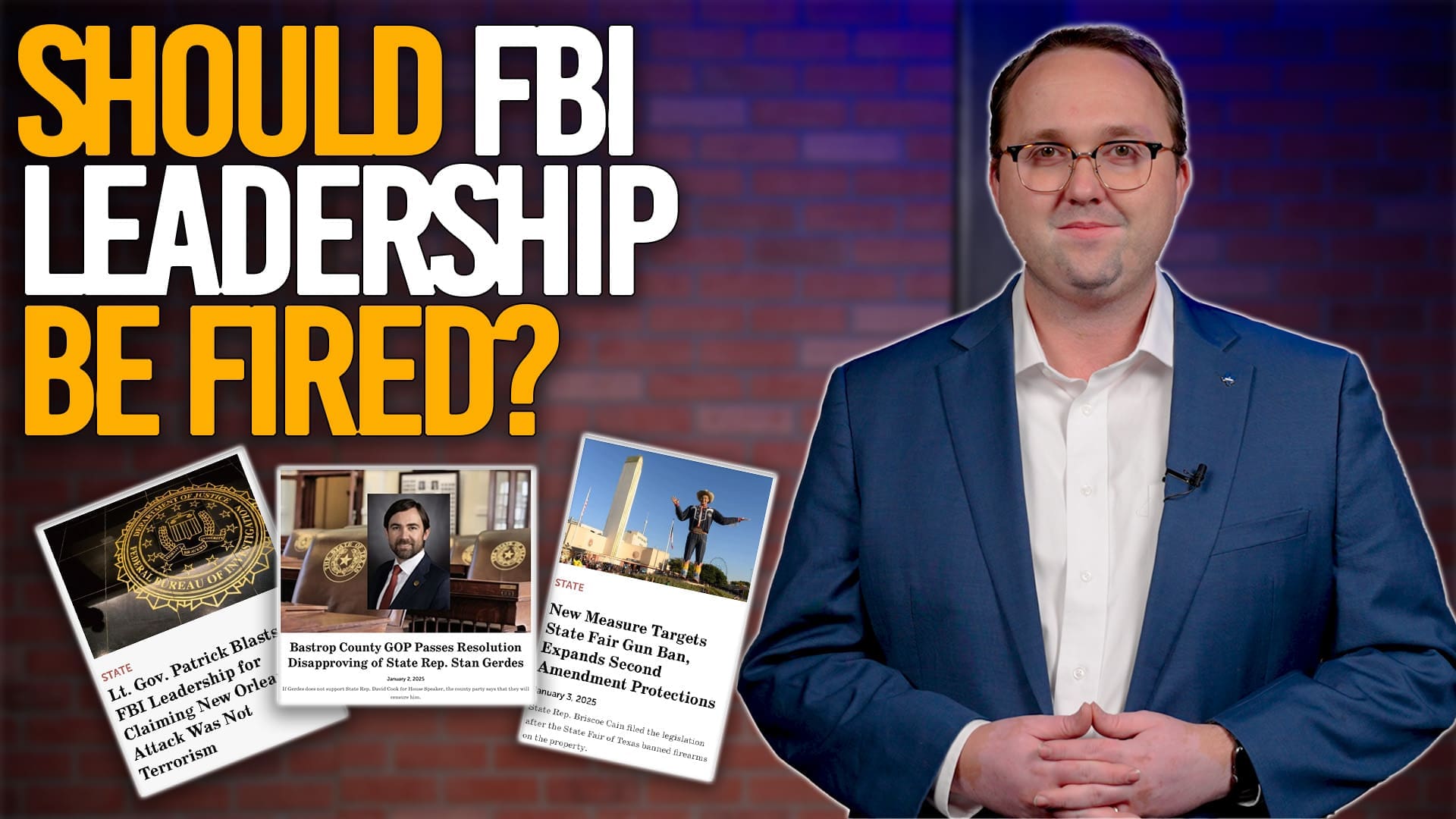Pearland ISD taxpayers are accusing the district of censoring opposition and using school resources to advocate on behalf of the $220 million bond election called by the trustees.
Trustees announced the bond a little over two months ago saying it is needed to address “facility, security and technology, renovations and upgrades as well as district enrollment growth.” The specifics call for everything from security cameras and door controls to at least one set of laptops per grade level and baseball/softball field improvements.
The bond also calls for tennis courts, locker room improvements, and even a new fine arts building.
“Pearland ISD will appoint a bond oversight committee to assure taxpayers that bond projects and funds are managed effectively,” the district said in a press release. But HISD’s $1.89 billion bond proposition in 2012 serves as a cautionary tale of bond oversight committee responsibilities. In less than four years the district overspent its bond proceeds, misallocated money, and failed to provide the projects that voters voted in favor of.
Meanwhile, the oversight committee tasked with monitoring the expenditures never once alerted the public.
Rather than rely on a district with a shoddy record of communicating with citizens, many have taken the charge into their own hands. Chief among them is Thriving Pearland PAC, a group of taxpayers opposing the debt, who have stepped up to provide information to voters ahead of the vote.
The group has drawn attention to PISD’s current debt which, if the bond should pass, means each family in the district is saddled with $20,000 of bond debt from the district. Thriving Pearland contends that taking on additional debt when the district still has six unpaid bonds dating back to 1996 is both irresponsible and avoidable.
Using data from the State Comptroller’s office, the group illustrates that PISD student debt is currently on par with other districts across the state, but if the bond proposal passes only seven other districts in the state will have a higher per student debt.
Last week, the group traveled en masse to a football game to inform taxpayers about the bond. Upon seeing their informational signs the district forced them to leave, saying political signs weren’t allowed on school property without prior approval.
The group says that the ISD has been advocating the bond on school property as well as using school resources.
A cease and desist letter sent to the district by the PAC’s attorneys, Keith Strahan and Briscoe Cain, read, “The Board and District through its employees and officers have engaged in government censorship of the political free speech of our clients.”
The letter went on to address the district’s alleged violations of the Texas Education Code by having the Superintendent, at the request of the board, advocate for the bond as well as district employees using the PISD logo on pro-bond publications.
“[W]e demand that the Board and the District remove the informational flyers, posters, and other advertising immediately and cease its advocacy for the Bond.” They also gave them the option of including some of the information, discovered by Thriving Pearland, in the informational posters.
In a statement provided to the Texas Scorecard by PISD the district said, “Realizing the district has an obligation to properly inform voters on the bond election and its content, the district will continue to do so – through presentations, signage, literature and the district’s website.”
Bonds have been a contentious issue around the state as activists have consistently called for more transparency, and the ability to vote on individual projects as opposed to one large package.
While bond transparency may see some action next session the vote on Pearland ISD’s bond is this month, and Thriving Pearland is working hard to ensure taxpayers know the true costs associated with it and the unnecessary projects that it would be used to pay for.




